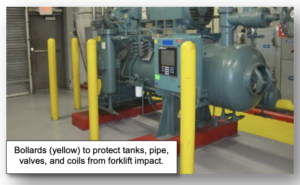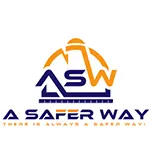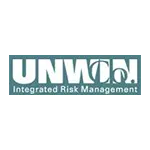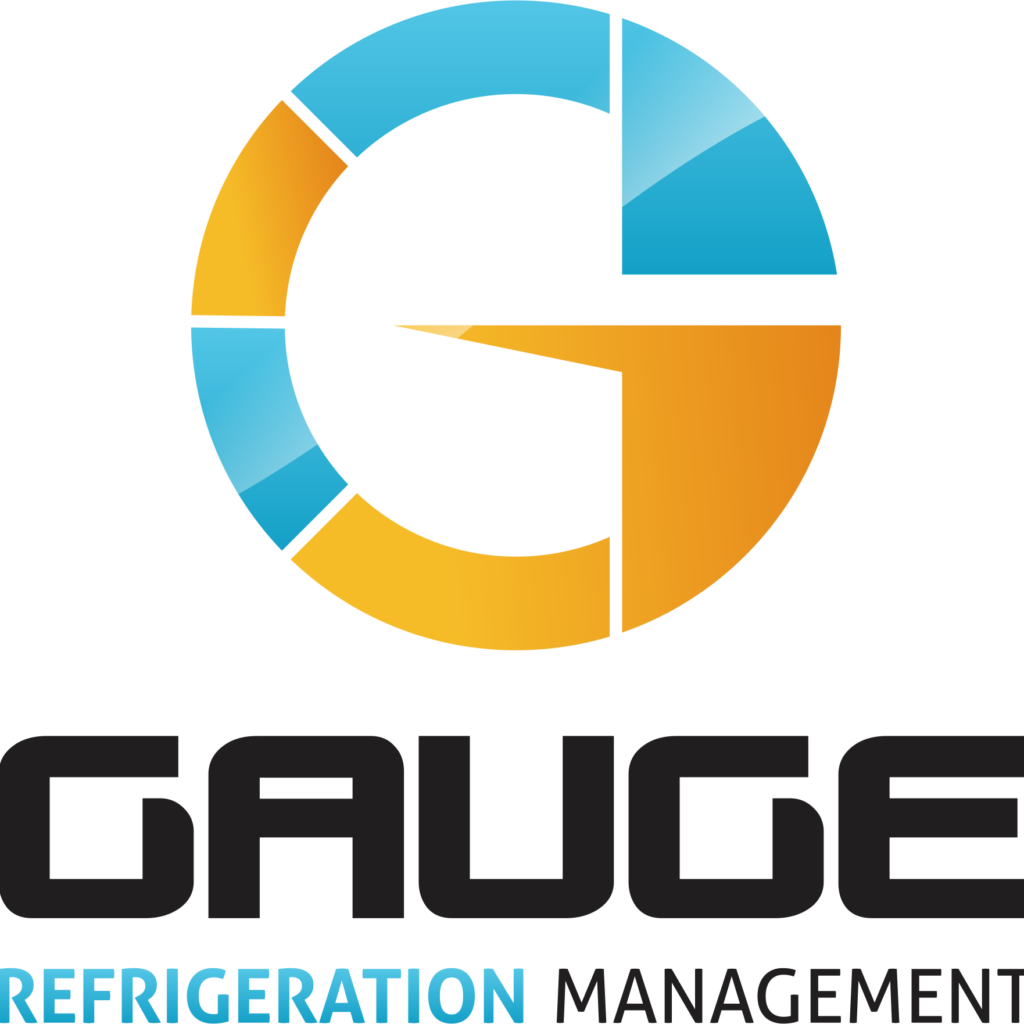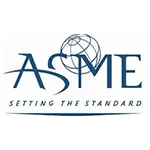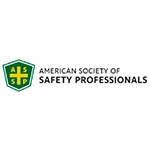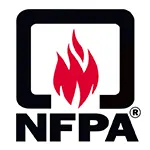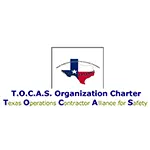SAFTENG Has
- Over 17,500 categorized unsafe acts/conditions and accident/injury photos
- Over 1,400 ppt's & doc's
- Over 3,900 technical articles on Process Safety & Occupational Safety & Health matters
- Over 400 videos
CLICK HERE to Renew your Membership
CLICK HERE for a NEW Membership
CLICK HERE to see eligibility requirements for FREE Membership
If you have any questions, please contact me

I am proud to announce that have extended our”Partners in Safety” agreement for another year (2025).
CI Members, send me an e-mail to request your FREE SAFTENG membership.





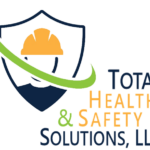





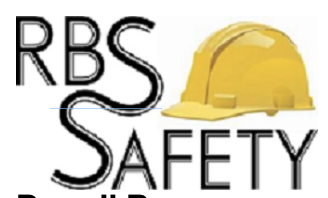


May 9, 2019
This is a lesson in why “Unloading” any hazardous material is such a high-risk task. In this incident, the facility had their connections locked (but the driver was told the combination), they were using the driver’s procedure, the connections were properly labeled, the driver could not see the tank he was pumping to, the company dock attendant who was supposed to be involved...
Read More
May 9, 2019
At approximately 5:00 a.m. on February 8, 2014, Employee #1, a K2 Pure Solutions operator, was depressurizing a line that contained chlorine gas. Two attempts were made to depressurize the line. The first attempt resulted in a small chlorine release and employees having to evacuate to shelter and the second attempt resulted in the employee opening a valve upstream of the 2 in. bleed valve releasing...
Read More
May 9, 2019
PRESSURE TEST, then LEAK TEST piping BEFORE the introduction of the Hazardous Material!
At 8:30 p.m. on May 11, 2017, two employees had been welding a pipe assembly and installed it on a chlorine tank. Employee #1 opened a valve to transfer the liquid chlorine from a supply tank into the weigh tank. A flanged fitting was not tightened and both employees were sprayed with liquid chlorine. Both employees...
Read More
May 9, 2019
At 9:15 a.m. on June 17, 2017, an employee was conducting routine daily checks on Well Number 1 and Well Number 2 chlorine cylinders and noticed that they needed to be changed out for full chlorine cylinders. The employee noticed the regulator was feeding chlorine gas without the pumps running and noted that there was a chlorine leak somewhere. The employee checked all connection and found no leaks...
Read More
May 9, 2019
Respondent owned and operated a facility that stored and used sulfur dioxide, a “regulated substance” under 40 C.F.R. § 68.3, at the facility when it brined cherries. At all times relevant to this CAFO, Respondent’s brining process contained more than the threshold quantity (5,000 pounds) of sulfur dioxide. Respondent’s brining process did not meet the eligibility requirements...
Read More
May 9, 2019
OSHA has cited a meat packing company for exposing workers to releases of hazardous chemicals. The company faces $615,640 in penalties. OSHA determined that the meat-packing facility failed to implement a required Process Safety Management (PSM) program for operating an ammonia refrigeration unit containing over 10,000 pounds of anhydrous ammonia. The employer also failed to provide fall protection,...
Read More
May 8, 2019
Bollards… they are more than sticks in the ground! In fact, there is an actual code design basis for bollards (i.e. posts). There are six (6) CRITICAL METRICS for bollards, of which five (5) we can see and one (when done properly) is invisible to those of us who inhabit the surface of the earth. So what can we see with the EPA’s picture from their...
Read More
May 6, 2019
On October 4, 2005, Employee #1 was working as a refrigeration mechanic. An ammonia system valve in freezer Number 7 was being turned, when the bonnet came loose with the wheel, releasing approximately 100 to 200 lbs of ammonia. Employee #1 was 35 feet up without fall protection, and he had to slide down racking to escape. He gave notification to shut the system down and summoned the city’s hazard...
Read More
May 6, 2019
As I have written about numerous times… PRESSURE TESTING a process is not only a “good idea” – it is REQUIRED for those of us in the process safety world. It is a critical path in process safety, ensuring our “primary containment” system (e.g. piping) was installed properly and can withstand process pressures. But with these tests comes some inherent risks and as...
Read More
May 6, 2019
Here is a look at OSHA’s Emergency Action Plan (1910.38) compliance activity in 2018 (October 2017 – September 2018). As you can see, OSHA issued 80 citations from 66 inspections for a total of $155,698 in fines. Here is a quick breakdown of activity:
49311 / General Warehousing and Storage with 4 citations totaling $21,878
32221 / Paperboard Container Manufacturing...
Read More
May 6, 2019
Here is a look at OSHA’s Employee Emergency Alarm (1910.165) compliance activity in 2018 (October 2017 – September 2018). As you can see, OSHA found issues with complying with this standard on 10 inspections and issued 10 citations for a total of $17,147 in fines. Here is a quick breakdown of activity:
49111 / Postal Service with 2 citations totaling $10,878
31141...
Read More
May 6, 2019
On May 31, 2012, Employees #1 through #6 were working when an evaporator that had been deactivated was mistakenly activated by a worker. Approximately 68.5 pounds (31 kilograms) of ammonia were released on an overhead catwalk. Employees #1 through #6 inhaled the fumes, and they were transported to a hospital. Employee #1 was not hospitalized, but Employees #2 through #6 were. The narrative did...
Read More


